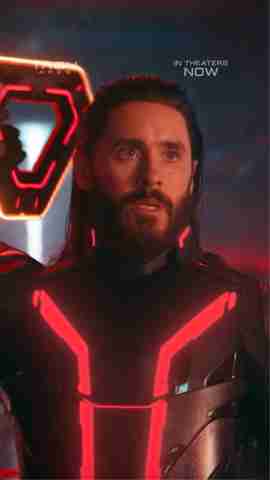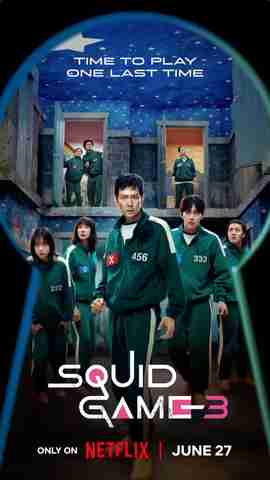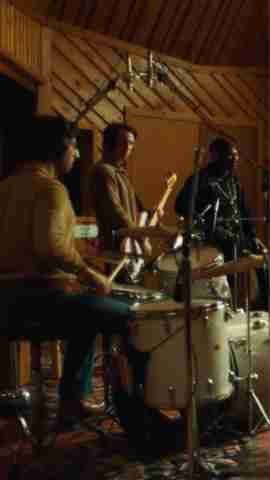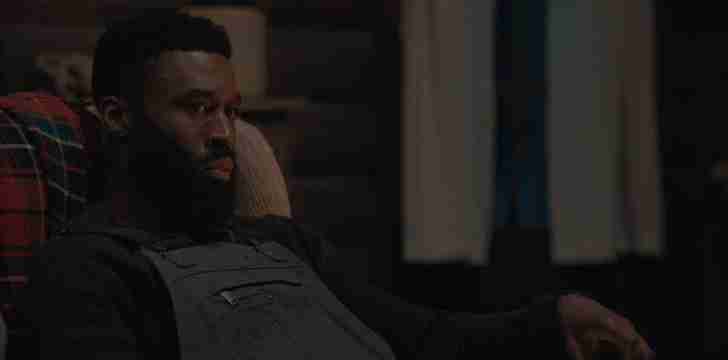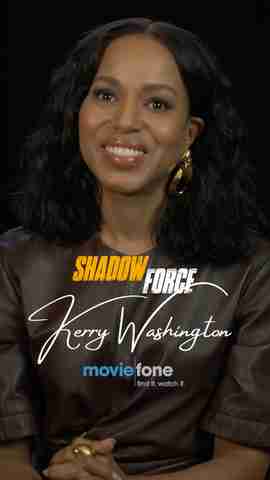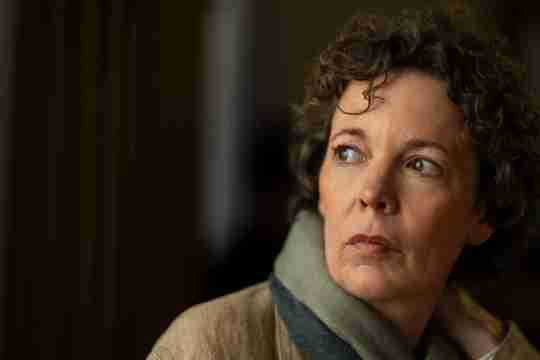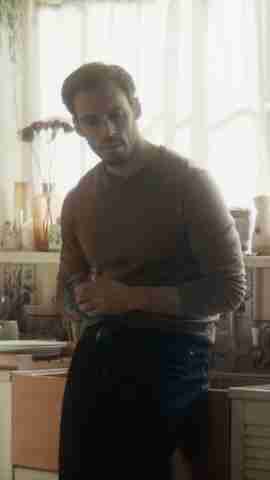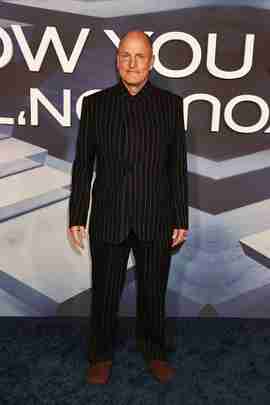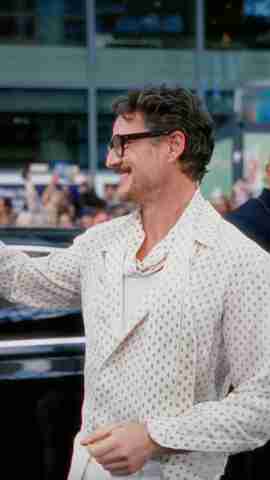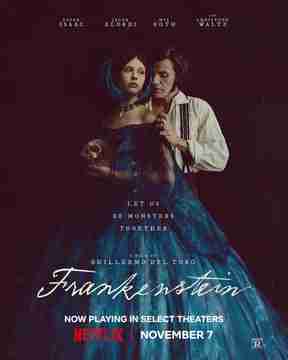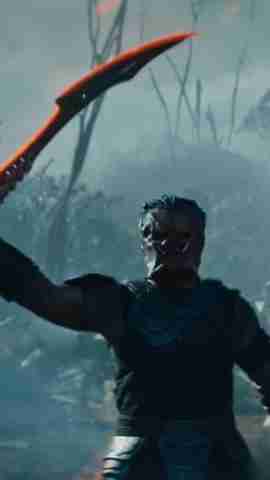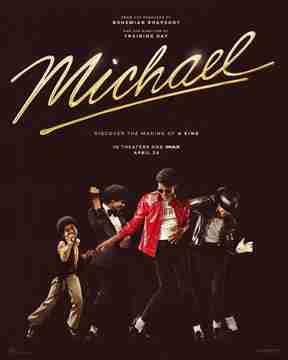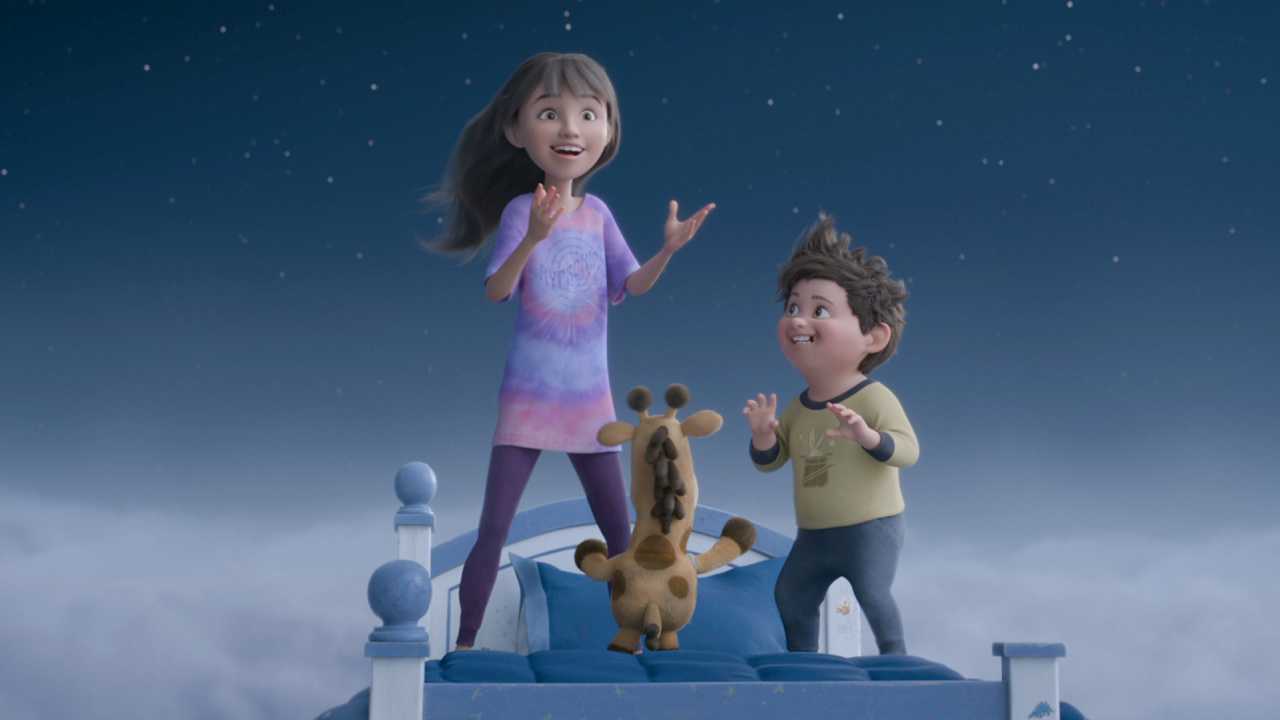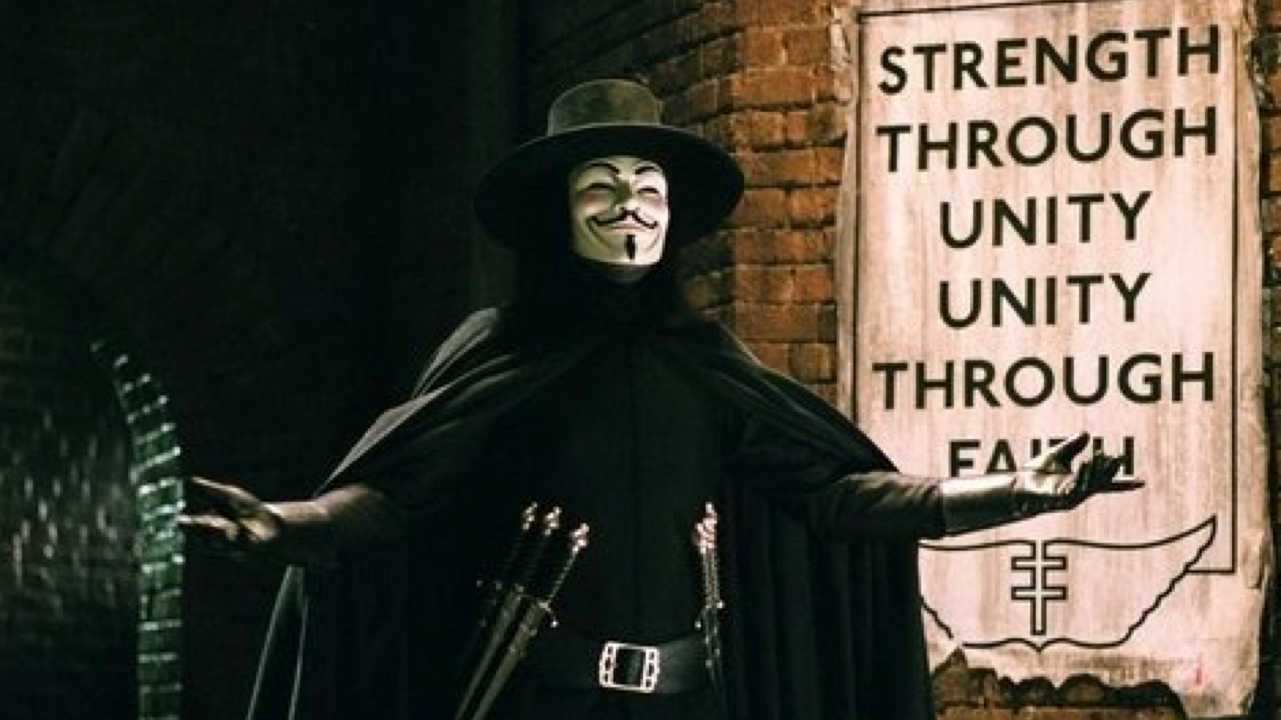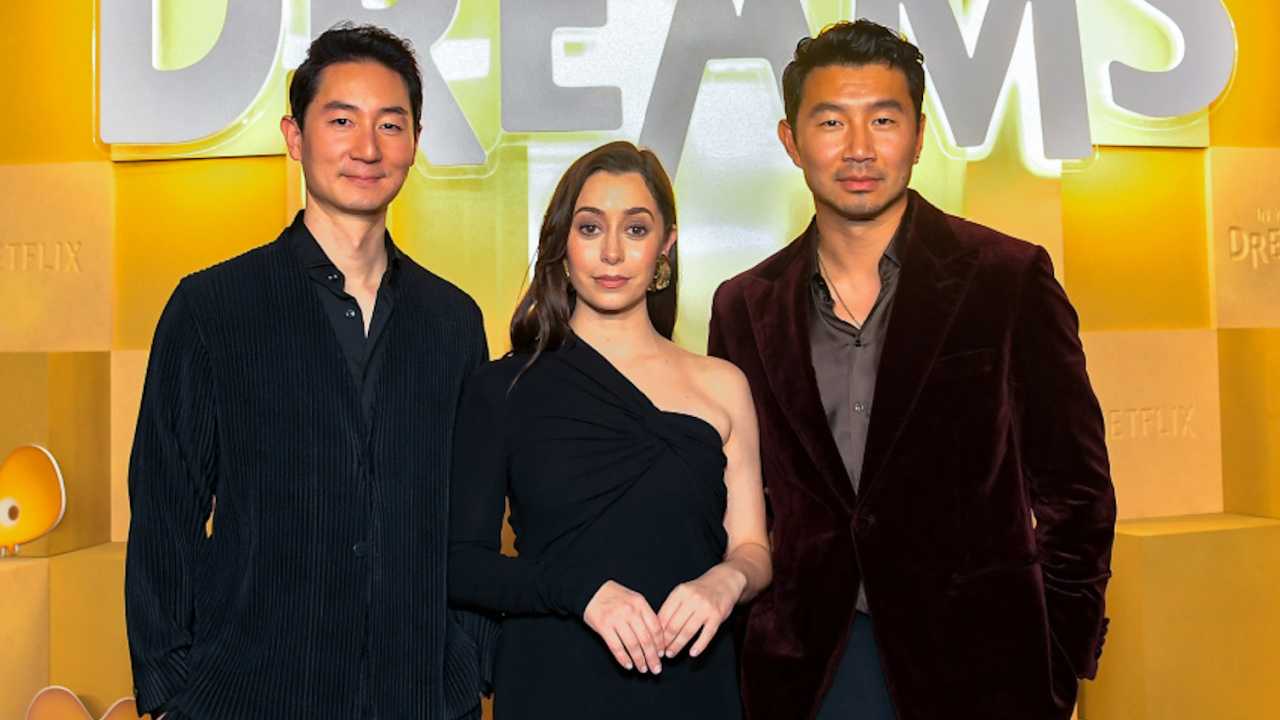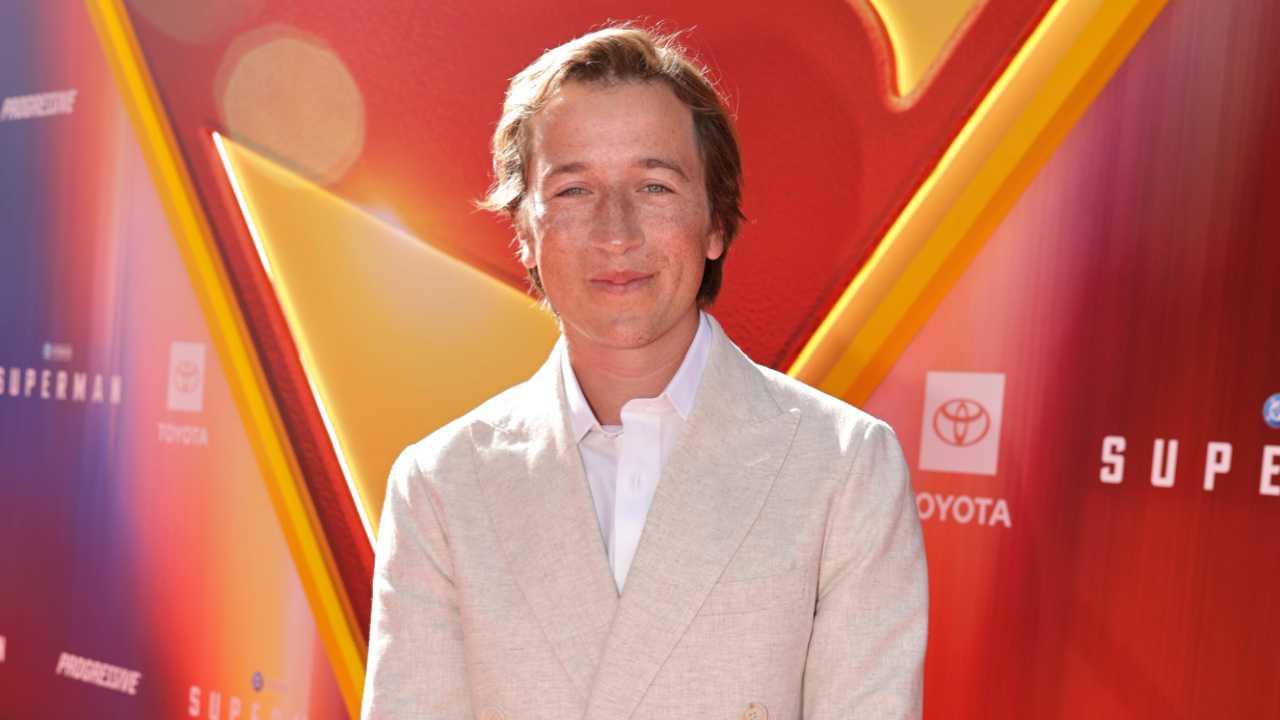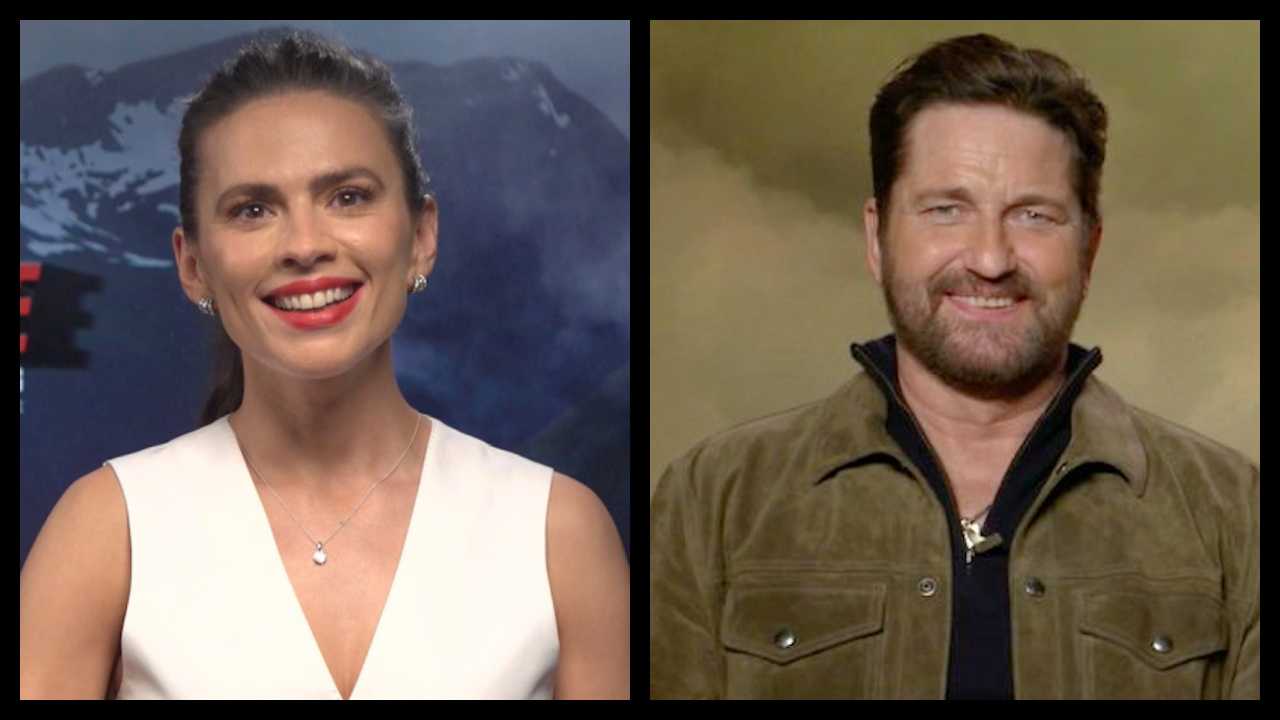15 Things You Never Knew About 'Almost Famous'
"It's all happening." It's been 15 years since Cameron Crowe's semi-autobiographical film introduced audiences to "Fever Dog," Penny Lane and "dark and mysterious" William Miller. Here are 15 things you may not know about this Oscar-winner that only gets better with age.
1. Much of what happens to William Miller in the film really did happen to Crowe. He really did become the youngest Rolling Stone correspondent ever by lying about his age to senior editor Ben Fong-Torres (played in the movie by Terry Chen). He really did lose his virginity to a gang of groupies, and also nearly die in a plane while touring with rock stars.
2. That's Crowe's handwriting down the opening credits on a notepad, and those are Crowe's own well-worn LPs that young William inherits from his sister.
3. Initially, the film was to star Brad Pitt as guitarist Russell Hammond and Sarah Polley as "band aid" Penny Lane. But Pitt dropped out after complaining that he "didn't get" the character, paving the way for Billy Crudup to take the role. Polley left, citing a scheduling conflict, though she and Crowe both later acknowledged that her subtle take on the character wasn't brash enough. Kate Hudson, initially eyed to play William's sister, Anita, took the part. Zooey Deschanel, in just her second movie, got to play Anita.
4. Hudson's Penny Lane was based on a number of real-life groupies and rock muses, including such famous hangers-on as Pamela Des Barres and Bebe Buell. But Penny was primarily based on Pennie Trumbull, who had named herself Pennie Lane after the Beatles song. She was the leader of the Flying Garter Girls, a group of young women who attached themselves to touring 1970s rockers. Years later, in her native Oregon, she'd start her own marketing firm and her own organic farm and vineyard.
5. To cast William Miller, the filmmakers held an open casting call. They found him in Utah-based Patrick Fugit, a 16-year-old actor who sent in an audition tape. "Almost Famous" marked Fugit's first movie, his first screen kiss, his first love scene, and his first time in Hollywood, so he didn't need to pretend much in order to convey William's own mix of awe and terror.
6. Stillwater may have been a fictional band, but their exploits and their difficulties handling sudden fame were inspired by several real-life bands Crowe covered at Rolling Stone, including the Allman Brothers, Poco, Led Zeppelin, Lynyrd Skynyrd, the Who, and the Eagles.
7. To make the actors playing Stillwater look and sound more authentic, Crowe enlisted 1970s rock icon Peter Frampton as a coach. (Back in 1975, the teenage Crowe had written the liner notes to his classic live album "Frampton Comes Alive.") Frampton also composed two of Stillwater's songs and appeared in the movie as a road manager during the poker sequence. The rest of the quartet's songs were written by Crowe and Wilson. Russell Hammond's guitar parts were performed by Pearl Jam's Mike McCready, whose band was also the source of Stillwater's pre-concert huddle ritual.
8. The raucous lobby of Hollywood's Hyatt House hotel (nicknamed the "Riot House" by '70s rockers) had long since been remodeled when the production came there to shoot. The set designers recreated the original carpet design by watching scenes Rob Reiner had shot there for 1984's mock rock doc "This Is Spinal Tap." Crowe had also remembered the lobby being bigger; old floor plans revealed an ornate marble staircase. The hotel gave him permission to knock down a wall, and there was the staircase, grand as ever.
9. Philip Seymour Hoffman was available for just four days to shoot his small but crucial role as Creem Magazine editor (and real-life Crowe mentor) Lester Bangs. He was battling a cold the entire time.
10. Crowe's old boss, Rolling Stone founder and publisher Jann Wenner (pictured), has a blink-and-you'll-miss-it cameo during the New York sequence as a taxi passenger.
11. Crowe originally wanted to call the film "Untitled," an homage to Led Zeppelin's famously title-free fourth album (the one that contains "Stairway to Heaven"). Distributor DreamWorks balked, but Crowe eventually got his way with the DVD release of his director's cut. He also got Zep guitarist Jimmy Page to agree to allow the band's music to appear on the movie's soundtrack, something he hadn't done since letting Crowe use "Kashmir" to appear in his 1982 screenwriting debut, "Fast Times at Ridgemont High."
12. Some lines in the film were taken from quotes actual rock stars gave Crowe during his Rolling Stone days. Russell's "Just make us look cool" is something the Eagles' Glenn Frey once asked of Crowe. In fact, Crowe has cited Frey (who, in another life, played an NFL team manager in Crowe's "Jerry Maguire") as the primary inspiration for Russell. Another based-on-real-life quote was Russell's drunken declaration (pictured above) of "I am a golden god!" The real-life speaker was Led Zeppelin frontman Robert Plant, who uttered the line (sober) as he stood on a balcony at the Riot House and surveyed the Sunset Strip below. Plant attended an early screening of "Almost Famous," and during the scene where Russell claims he never said, "I am a golden god," Plant blurted out, "Well, I did."
13. The film cost a reported $60 million to make, including a hefty $3.5 million just for music rights. It earned back just $33 million in North American theaters and another $15 million overseas.
14. The movie was nominated for four Oscars, including Best Editing and Best Supporting Actress for Hudson and Frances McDormand. Crowe won the Academy Award for Best Original Screenplay.
15. A friend told Crowe he suspected the real reason he made the film was to spur a reconciliation between his mother and his sister, Cindy. On the eve of the film's release, the siblings got together with their mother and enjoyed a moment much like the then-fictional breakfast reconciliation scene among William, Anita, and Elaine near the end of the film. "'Almost Famous' did bring my sister and my mom back together," Crowe marveled later, calling the reunion "amazing."

